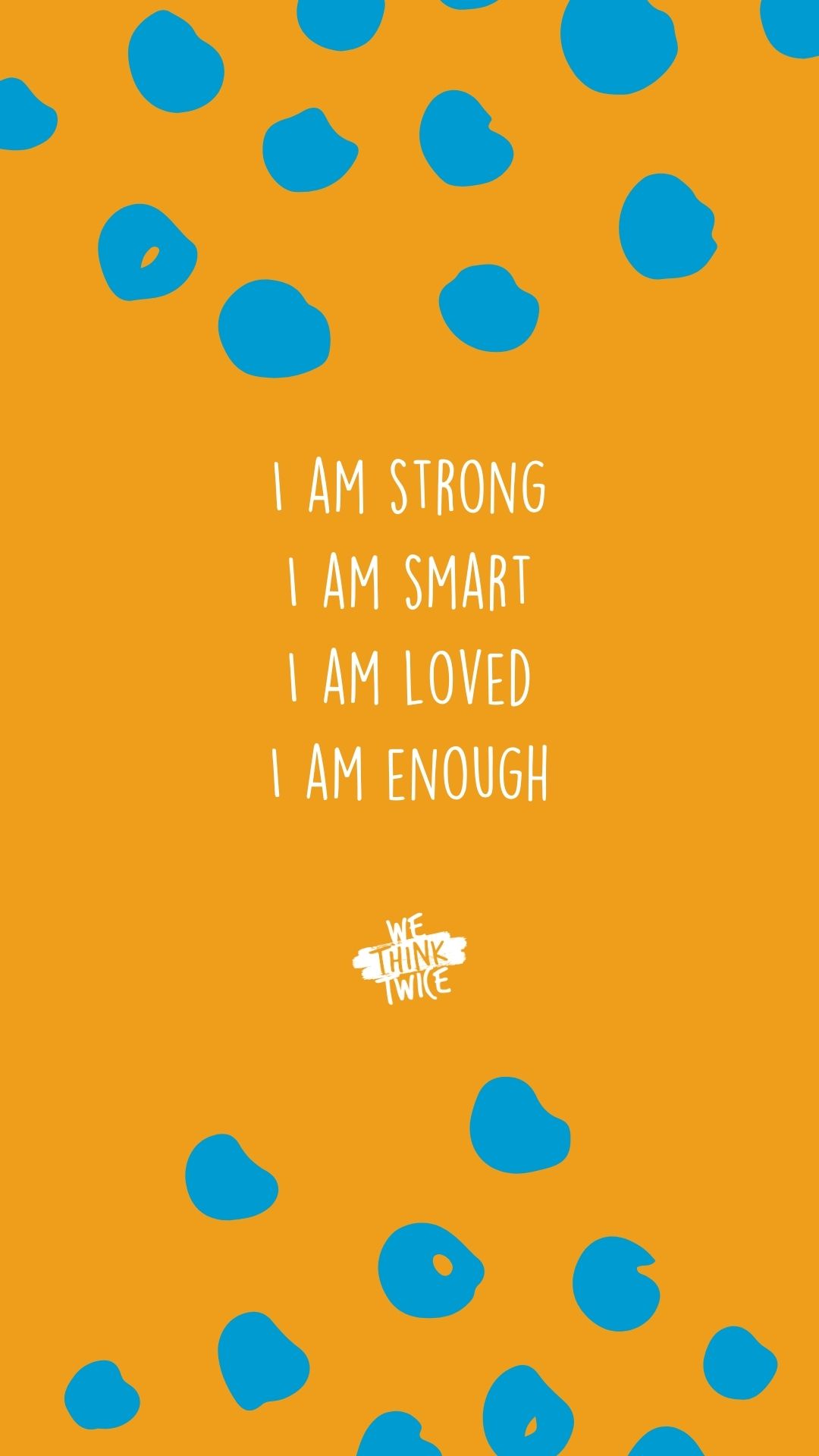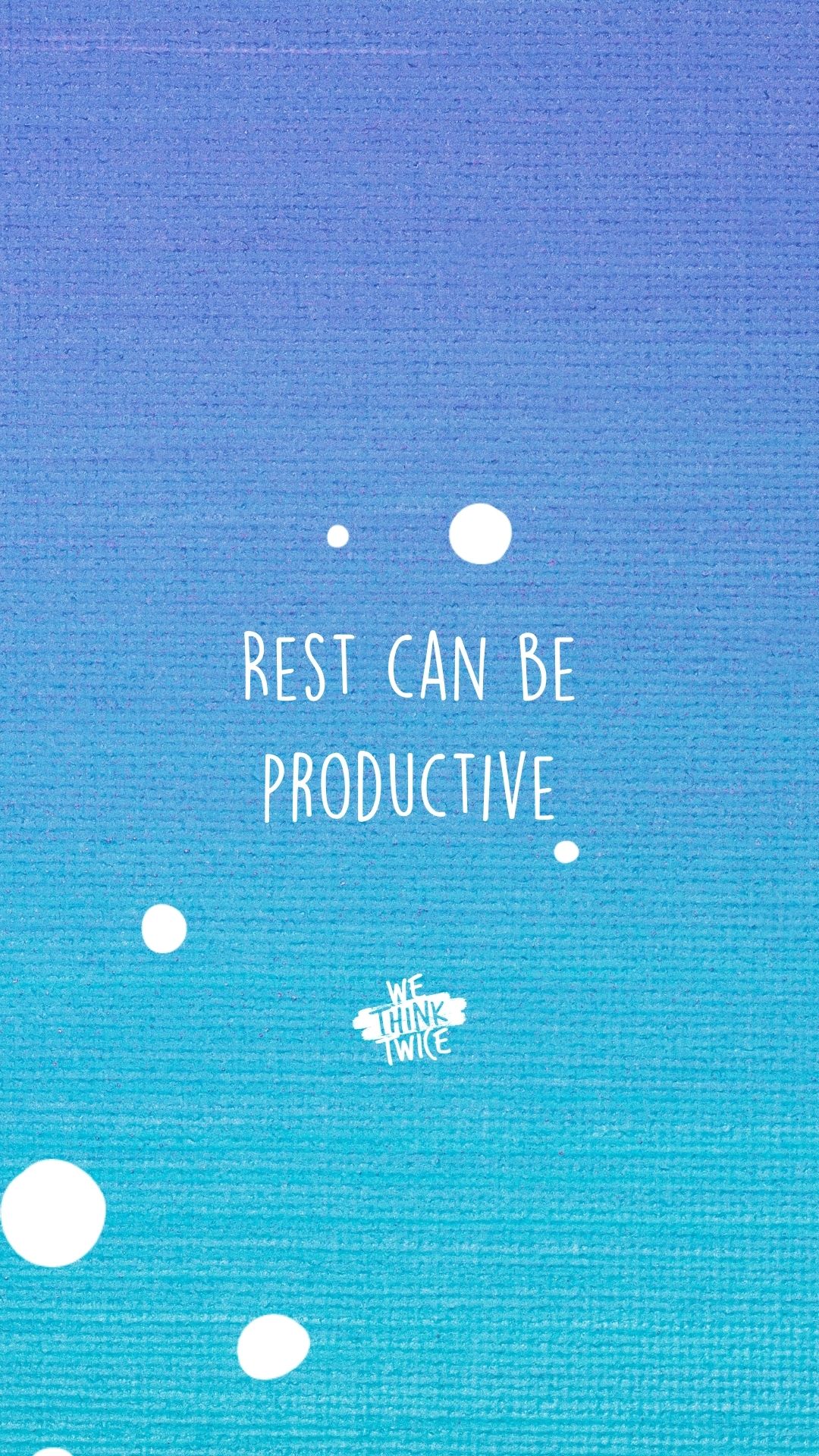Do you sometimes beat yourself up?
We can often be our own worst critics and engage in negative self-talk: saying things to ourselves that are unrealistic, unhelpful, or both. These thoughts can leave us feeling hopeless, ashamed, stressed, or anxious. Self-critical thinking can also make us more likely to engage in risky, destructive behavior.
One way to combat negative, self-critical thoughts is to actively identify, challenge, and reframe them (this is referred to as cognitive restructuring).
First, ask yourself some of the following questions to shift toward more balanced self-talk and reduce the intense negative emotions that can accompany self-critical thoughts. Then you can turn some of these answers into positive affirmations to remind yourself that you’re doing okay and that you are enough. As cheesy as it sounds, putting those affirmations on a mirror or on your phone can really help. We’ve included a few wallpaper options to give yourself a pep talk every time you unlock your phone.
Questions to Challenge Negative Self-Talk
Negative thoughts are totally normal! However, next time you find yourself feeling self-critical, these questions could help you stop dwelling on the undesirable thoughts and get a healthier perspective on things. Try using these as journal prompts or save them to your notes app to pull up and answer the next time you’re being hard on yourself.
Identify it
Our minds are powerful things! Sometimes what we’re thinking can feel like reality, like the truth. Sometimes our thoughts are perfectly accurate, but sometimes they're not. Either way, it can be helpful to spot negative thoughts when they occur and to notice any themes or common triggers.
- Am I overlooking the positives and only focusing on the negatives of this situation?
- Is there a pattern to these situations that trigger these types of thoughts?
- Am I setting an unrealistic or impossible standard for myself?
Challenge it
Spotting these thoughts can help to ground yourself. Try gathering the evidence you need to feel in control and begin to work toward more balanced self-talk.
- This situation might feel important, but how much actually depends on it?
- What is in my control? What can I do about this situation?
- Have I overcome similar situations before? How did I do that, and how can I apply that to this situation?
Reframe it
We’re never going to get rid of self-critical thoughts, but we can try to achieve some balance. Try finding alternative ways to look at a situation that might be more realistic or helpful.
- What would I tell my best friend or sibling if they were thinking this way about this situation?
- What would someone I trust say about my interpretation of the situation if they were trying to make me feel better?
- What would “future me” look back and tell myself about this situation?
Show Yourself Some Love
It can take work to be kind to yourself. Try saving one of these to your phone’s lock screen to help interrupt negative thinking.





